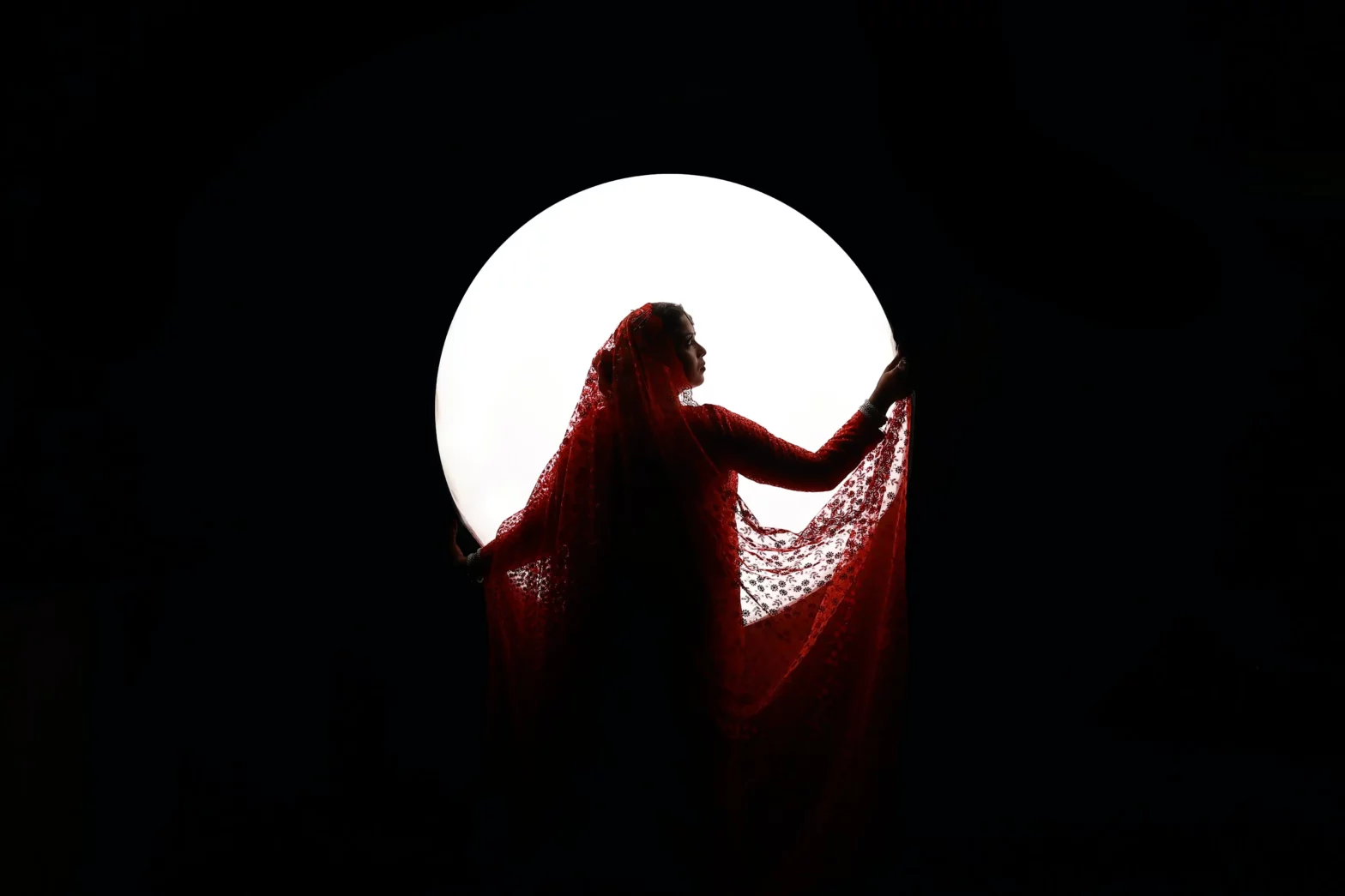Bollywood music, known for its vibrant melodies and foot-tapping beats, has a universal appeal that transcends borders. However, the widespread popularity of these tunes often leaves content creators wondering why they can’t incorporate Bollywood music into their projects. The answer lies in the intricate web of copyright laws and the high costs associated with licensing these iconic songs.
Copyright Laws and Their Impact:
One of the primary reasons creators face hurdles when attempting to use Bollywood music is the strict enforcement of copyright laws. Bollywood songs, like any other creative work, are protected by intellectual property rights. This means that the original creators and copyright holders have exclusive control over how their work is used. For content creators, this poses a significant challenge. The use of copyrighted material without proper authorization can lead to legal consequences, including hefty fines and the removal of the content from platforms. Bollywood music producers and composers invest considerable time and resources in creating these songs, and copyright laws ensure they are rewarded for their efforts.
Licensing Costs: A Major Deterrent
Even if creators are willing to abide by copyright laws and seek proper licensing for Bollywood music, the high costs associated with obtaining these licences often prove to be a major roadblock. The music industry, including the Indian film industry, understands the value of its intellectual property and charges a premium for the use of popular songs in various content. Bollywood songs are not just music; they are an integral part of the cultural fabric. As a result, licensing fees for these tracks can be astronomical, especially for well-known and iconic tunes. This puts independent creators, small businesses, and even some established content producers in a tough spot, as the financial burden of licensing may outweigh the potential benefits of using the music.
Learning about copyright laws and licenses helps you become a more informed consumer and user! Take a look at our articles on ‘Introduction to Musical Laws’ or ‘Types of Music Royalties and Licenses’ to gain a better understanding of licensing and copyright laws!
Alternatives for Creators:
While using original Bollywood music may be challenging due to copyright restrictions and high licensing costs, there are alternatives that creators can explore:
Royalty-Free Music:
Creators can opt for royalty-free music, which is pre-licensed for use in various projects. Numerous platforms offer a wide range of music that creators can use without worrying about copyright issues.
Need premium royalty-free music for your vlogs, podcasts, films and more? Look no further than Hoopr! It’s the provider of copyright-free music to over 180k creators, brands and agencies. You don’t need to pay hefty licensing fees or compromise on quality anymore! Explore Hoopr’s library full of Bollywood inspired tracks from talented industry professionals!
Creating Original Music:
For those with musical talent or access to composers, creating original music tailored to their content can be a rewarding alternative. This not only ensures uniqueness but also avoids the complexities of licensing existing tracks.
Collaboration with Independent Artists:
Independent musicians may be more flexible with licensing terms, providing an opportunity for creators to collaborate on unique projects while supporting emerging talent.
While the allure of Bollywood music is undeniable, navigating the intricate landscape of copyright laws and licensing fees can be a formidable challenge for content creators. As the digital content creation landscape evolves, finding alternative music solutions, exploring collaborations, and supporting emerging artists may become the key to overcoming the barriers posed by the restrictive use of Bollywood music. In doing so, creators can continue to produce engaging and culturally resonant content without compromising their artistic integrity or facing legal consequences.

